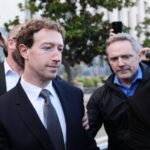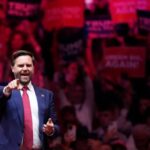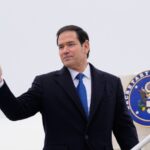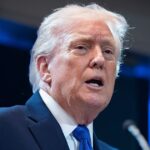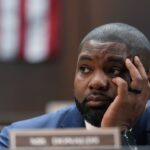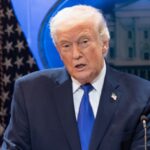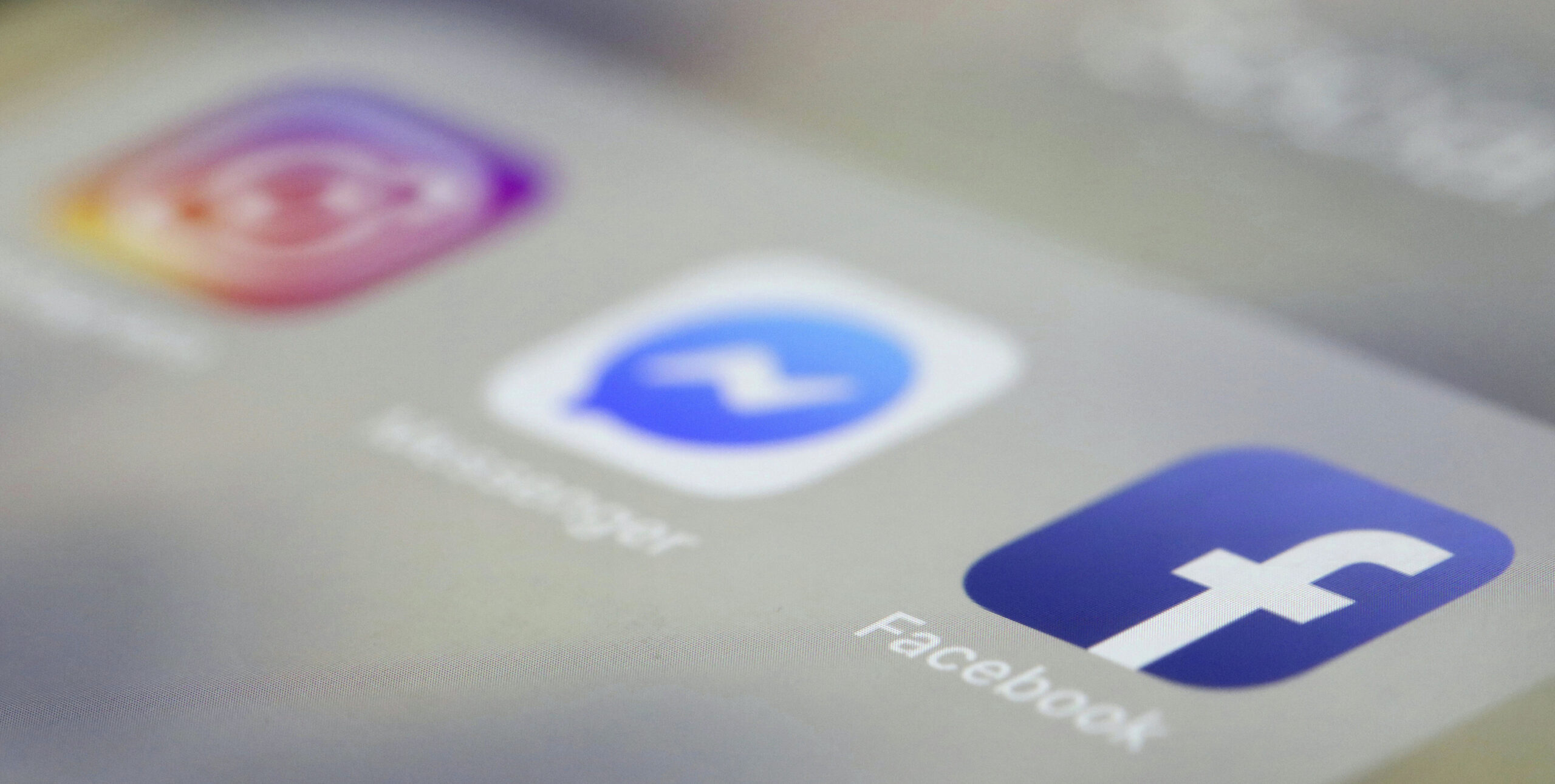

(The Center Square) – School districts around the country are facing issues with how they handle their social media accounts, and the debate has reached the U.S. Supreme Court.
Denver Public Schools recently reviewed its social media policy that doesn’t allow employees to restrict comments on social media or limit who can see them.
The Denver school district’s policy was reviewed earlier this month by the school board and states that neither the school, school board members, nor district employees can restrict a person’s ability to view, post, comment, restrict, or delete comments from any public social media pages that are maintained or operated by the district.
The document further states that doing so goes against a person’s speech protected by the First Amendment or the Colorado Constitution.
In Oregon, a school district is being accused of unconstitutionally violating a mother’s First Amendment rights by suppressing her speech online and at public meetings.
The Liberty Justice Center, a nonpartisan, nonprofit public-interest law firm dedicated to protecting the freedom of speech, has released a letter sent to the Gladstone School District, demanding it make its social media and public comment policies compliant with the First Amendment by removing any restrictions on Glenda Scherer, and allow her to speak openly about the district and the policies.
“The First Amendment protects Americans’ vital right to publicly voice their concerns and prohibits government officials from censoring speech they disagree with,” said Educational Freedom Attorney Dean McGee in the press release. “The district cannot silence parents for its own convenience—public comment is essential to the betterment of public schools.”
Scherer, a mother of two and an education advocate, is arguing that the Gladstone School District is continuously blocking her ability to post on a publicly accessible Facebook group provided for communication between parents and the school.
Scherer is claiming that her posts are only allowed to be posted after administrators have approved them.
“The Liberty Justice Center’s letter to the school district raises alarming allegations that the district repeatedly went out of its way to suppress a parent’s constitutionally protected speech,” FIRE Director of Public Advocacy Aaron Terr said in an email to The Center Square. “The First Amendment requires government officials to tolerate criticism of their policies and performance. Instead of muzzling critics, school officials should welcome candid feedback from parents and community members, which could ultimately improve students’ educational experience.”
Scherer also claims that the district requires her to submit any comments and questions to be pre-screened by the board before any open meetings. The press release also states that the district has attempted to ban her from attending any school board meetings in person without prior approval from the superintendent.
The debate about whether blocking individuals from private accounts does, in fact, suppress one’s First Amendment is also being heard in San Diego County, California, according to documents.
Two members of the Poway Unified School District Board of Trustees used personal Facebook and X accounts to communicate with the community and parents of children attending the district and blocked those who repeatedly criticized them.
The U.S. Supreme Court cases of O’Connor-Ratcliff v. Garnier and Lindke v. Freed question whether someone has First Amendment free speech rights involving a public official using their personal social media account.
On Friday, the U.S. Supreme Court ruled in Lindke v. Freed that public officials can block critics on their personal social media accounts.
“The distinction between private conduct and state action turns on substance, not labels: Private parties can act with the authority of the State, and state officials have private lives and their own constitutional rights,” the court stated in its opinion.
The court gave an example as to the difference between a public official acting in the role of his duty and that of a private citizen.
“Consider a hypothetical from the offline world,” the court wrote. “A school board president announces at a school board meeting that the board has lifted pandemic-era restrictions on public schools. The next evening, at a backyard barbecue with friends whose children attend public schools, he shares that the board has lifted the pandemic-era restrictions. The former is state action taken in his official capacity as school board president; the latter is private action taken in his personal capacity as a friend and neighbor. While the substance of the announcement is the same, the context—an official meeting versus a private event—differs. He invoked his official authority only when he acted as school board president.”
The Gladstone School District and Denver Public schools did not respond to emails or phone call seeking comment.
